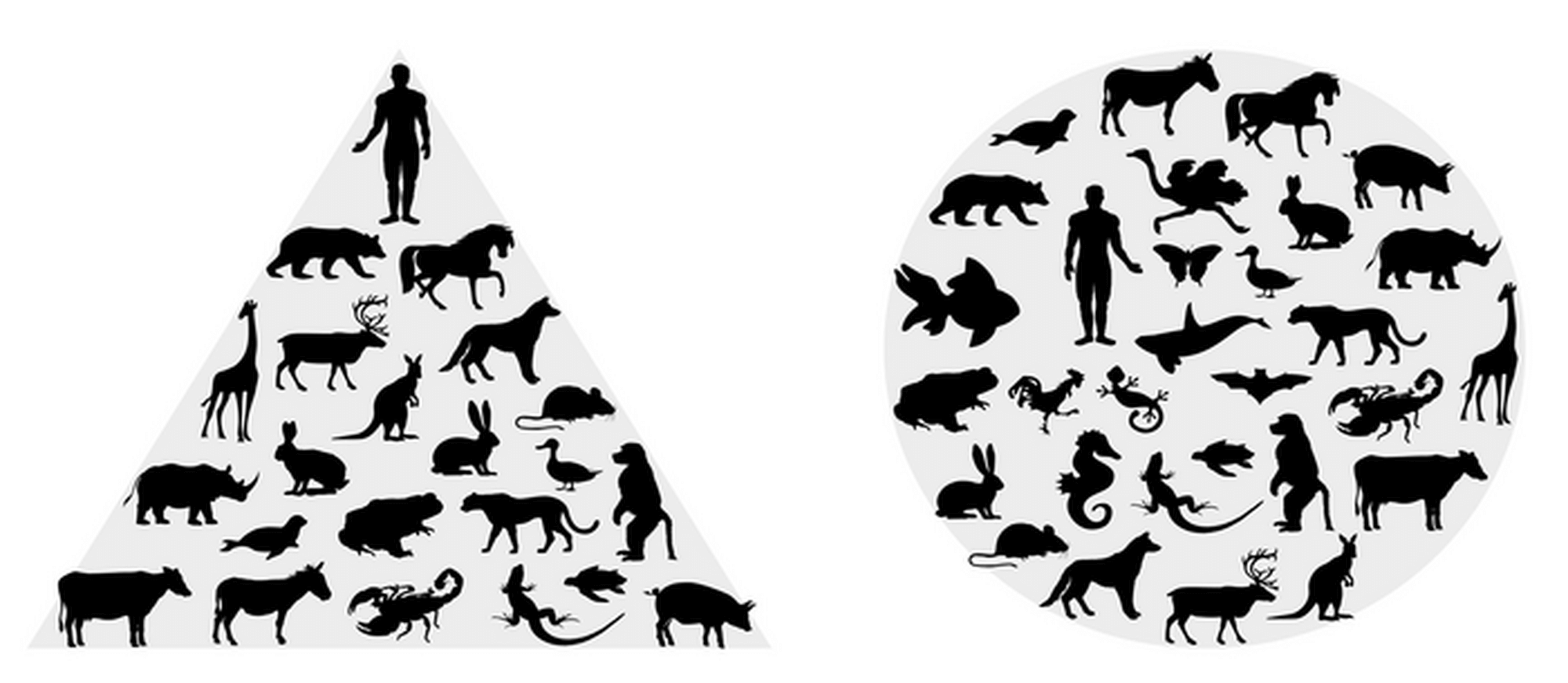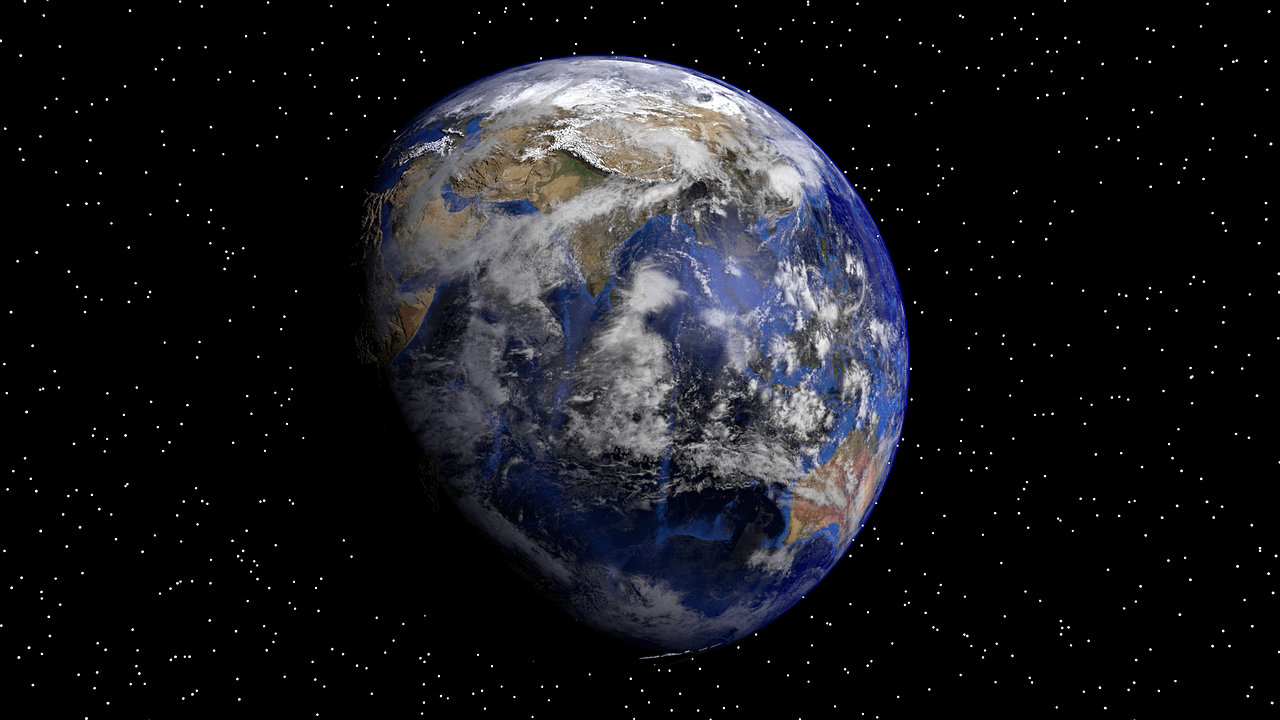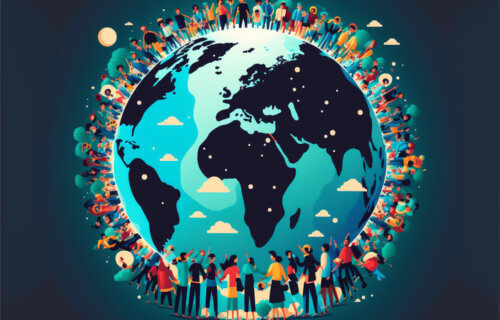BERKELEY, Calif. — With a global population exceeding 8 billion people, it is clear that humans hold a unique position in the history of the Earth. As the dominant species, we have come to believe in our superiority over all other organisms. However, the authors of a new book say this belief, along with the notion of species as distinct and some being superior to others, is contributing to the current environmental crisis.
Speciesism is the belief that certain species are more important or superior to others. This mindset places humans at the top of a hierarchical structure, justifying the exploitation and sacrifice of other animals, plants, fungi, and microorganisms for our benefit. This belief system not only affects how we perceive ourselves but also influences our behavior towards other forms of life, the physical world, and even other people.
In the book, “Speciesism in Biology and Culture: How Human Exceptionalism is Pushing Planetary Boundaries,” scientists and philosophers argue against speciesism and advocate for a different perspective. They propose that humans should view themselves as part of a larger family that includes all living creatures, valuing and protecting their lives and habitats. By recognizing the interconnectedness of all life forms and treating them with respect, we can ensure the survival of Earth’s ecosystems and, ultimately, our species.
“Every living thing is related to every other living thing. The only issue is: How far back do you have to go until you hit a common ancestor?” says Brent Mishler, professor of integrative biology at the University of California-Berkeley and a co-editor and co-author of the book, in a media release. “Humans are certainly important, but we’re just one of millions of these lineages, all of which have equal importance. We should at least be mindful of when we have to destroy some of the lineages — that is, eat other living things — in order to live.”

The concept of species, which is deeply rooted in religion and philosophy, has shaped our understanding of the natural world. However, some argue that it is not based on empirical or scientific needs but rather on human exceptionalism. The hierarchical classification system established by Swedish botanist Carl Linnaeus further reinforced the belief in human superiority within a ladder-like scale of nature. Charles Darwin’s theory of evolution challenged this hierarchy by introducing the Tree of Life, illustrating the shared ancestry of all living beings.
Experts argue that the focus on individual species as the most important unit of classification is flawed. Genetic variation within breeding populations and the ability of different species to interbreed blur the lines of species distinctions. Instead, the authors suggest emphasizing lineages, which represent ancestor-descendant connections across time, as a more natural way to understand the diversity of life on Earth. By recognizing lineages and their interconnectedness, we can appreciate the value of every living organism.
Speciesism and racism share a commonality in their hierarchical belief systems. Just as racism falsely elevates one race above others, speciesism places humans at the top of the hierarchy, leading to the exploitation of other species and the environment. By understanding the parallels between these forms of discrimination, experts say we can challenge speciesism and promote equality and respect for all living beings.
“To complete the analogy, races are to racism as species are to speciesism,” says UC Berkeley Ph.D. recipient and former postdoctoral fellow Brian Swartz. “We know the landscape of race and racism, especially when people think that races are branches on the human tree of life and that one race is superior. The same parallels play out with species and speciesism. How you view yourself and what you think is real will impact your behavior. This is the historical and psychological reality that undergirds our present moment.”

The authors emphasize the importance of reevaluating our agricultural practices and addressing the ethical implications of our food choices. They say as humanity continues to grow and advance technologically, there is an opportunity to revolutionize agriculture at the cellular level. This means finding ways to produce food for the masses that are environmentally sustainable, ethically sound, and culturally appropriate.
Advancements in cellular agriculture, such as lab-grown meat and plant-based alternatives, offer promising solutions to the ethical challenges posed by traditional farming methods. By shifting towards these innovative approaches, we can reduce the reliance on factory farming and its associated horrors. This transition not only brings joy to vegans and animal welfare advocates but also aligns with broader global goals, including combating climate change and ensuring food security.
The authors acknowledge that shifting perspectives and overcoming deeply ingrained beliefs will not happen overnight. However, they hope that by raising awareness and encouraging critical thinking, people will begin to reflect on the implications of speciesism for the planet and all its inhabitants.
The metaphor of a diverse family living in the same house, which is Earth, is a powerful reminder of our interconnectedness. Just as we strive to get along with our human relatives, the book’s authors say we must extend that sense of harmony to encompass all living creatures. The well-being of one is intricately linked to the well-being of others, and understanding this interdependence is vital for our collective survival.


Absurd. There isn’t a single animal or plant on the planet that doesn’t strive to absolutely dominate its niche or habitat. Elephants destroy without thought of the future, they just want to eat. Locusts destroy without thought at all. Monoculture forests exist, exerting elimination pressure on other tree species. We’re just the most successful. We have the privilege of being at the top and contemplating our own surfeit of success.
Nonsense. The book is excellent. One doesn’t sail in a storm with full canvas but reels them in. We have reached a ceiling with population expansion. Species competing was true, but now self-defeating, cutting off nose to spite face. Evolution says: adjust.
This is an example of the self-hatred the elites have been cultivating in us Plebs since WWII. The purpose is to destroy confidence and positivity to make people easier to control and manipulate. Such stuff is one of the few subjects that really ought to be censored; for now we’d better point it out.
Have other species deliberately sought to save those going extinct? Have they set aside areas that are not to be used? Have they taken steps to expand life and insure survival by seeking or planning to build other worlds?
Let’s just cut this negative self-destructive crap and move ahead.
True and timely. Yes, all species try to dominate, but we need healthy nature to survive long-term. Population growth exceeds Earth holding capacity. Rather than continue with ‘Dominion of Earth’, humans need to be creators with heart and brain, and direct evolution to our advantage. Widen our circle of care. Forget competing ‘ad absurdia’ and act like one species on one planet.
Enjoy benefits of symbiosis, cooperation. Animal farming takes 3 x the land and water than plant faming. We are killing the host with inefficient habits. People are no apex predators: human herbivore cultures prove it. It is nurture, not nature. Spread over the galaxy, but not as marauders.